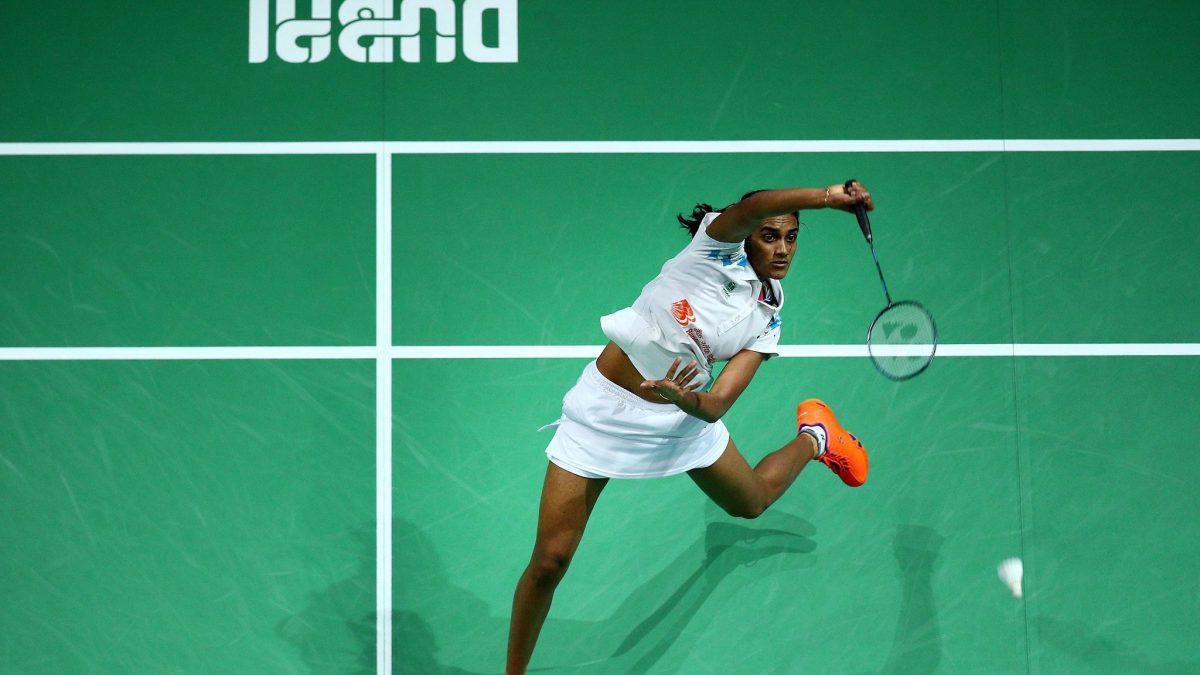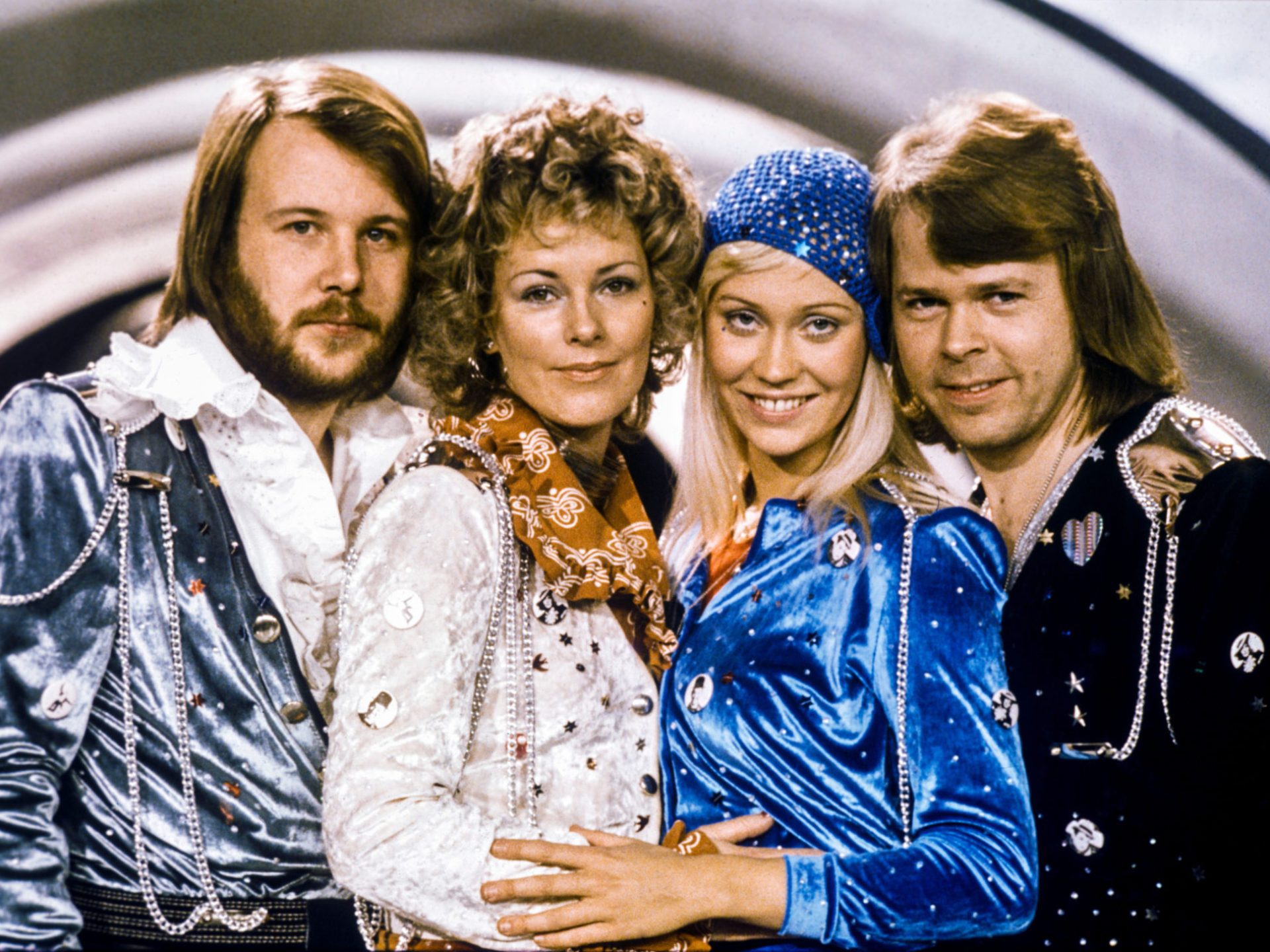Magazine

April 23, 2020

This article was originally published in Populous Magazine, our biannual publication featuring news and trends from the worlds of sport, entertainment, and major public events. Find out more, and sign up to receive a free copy, here.
The annual Eurovision Song Contest brings together the nations of Europe (and several beyond) in a glorious festival of uber-kitsch pop. But is there a science to winning overall? Dominic Bliss quizzes the experts.
Is there anything in pop music quite so bizarre, quite so kitsch, quite so downright crazy as the Eurovision Song Contest? Over the years this pan-European festival has created some of the most surreal, even absurd musical acts.
Like the German entry for 1979, for example, a disco tribute to the Mongolian ruler Genghis Khan. Or Lordi, the 2006 winners from Finland, who performed a hard rock anthem dressed as fantastical monsters. More recent acts include the 2012 runners-up, a troupe of Russian, cookie-baking grannies who sang their folk ditty in a language called Udmurt, and the 2014 winner, Conchita Wurst, a bearded Austrian drag queen.
Behind all this theatre and incongruity, however, is there a science to actually winning the contest? The next ESC, the 65th annual edition, takes place in the Dutch city of Rotterdam between May 12th and 16th 2020, by which time around 10,000 song entries will have been whittled down to a final 41, with votes earned from both a professional jury and telephone voting by the public. Here are some tricks the winning acts might need to keep up their sleeves.
Yes, of course you need a great song, but it helps if you stand out visually from the crowd.
Nevertheless, “Gimmicky staging can backfire,” says Chris West, author of Eurovision! A History of Modern Europe Through the World’s Greatest Song Contest. “Italy had a great song in 2017, with really intelligent lyrics, but spoilt it by having a dancing gorilla in the act. Two of the last three winners have been simple songs, where the artist has sung with not a prop in sight.”
Ewan Spence is chief editor of ESC Insight and producer of Eurovision’s USA radio broadcast. He says that, while public viewers might be swayed by complicated stagecraft, the jury are generally looking for song composition, technical delivery and “are not necessarily going to be impressed by three minutes of pyrotechnics”.
Every winning song this century, bar two, has been delivered in English, or partially in English. In fact, of all 67 winners since the competition started in 1956, 33 have been in English, 14 in French, four in
Hebrew and three in Dutch.
“If you’re going for victory, yes English is the better choice,” says Spence. “But there are exceptions. ESC has quite a young audience. So many Europeans have English as a second language. English lyrics make the song more accessible and easier for them to understand the emotions.”
Eurovision is infamous for its regional bloc voting. Derek Gatherer, a lecturer from the UK’s Lancaster University, points to groups of nations which regularly scratch each other’s backs when voting: the Viking Empire of Nordic countries and Estonia, for example; the Balkan Bloc; the Pyrenean Axis of Spain and Andorra; and the Cyprus-Greece Partnership.
Spence admits bloc voting might give some countries a head start in the voting process, but insists it won’t hand them victory. “So Sweden can be pretty sure it will get votes from Denmark, Norway, Estonia and Iceland because they have shared music, and they recognise the acts which appear on similar TV chat shows. But generally you need 500 to 700 points to secure victory. It’s great to have 50 to 100 points in the bag at the start, but that won’t be enough to get you over the finish line. Does bloc voting change the winner of the contest? No.”
West agrees. “Bloc voting does happen, of course, and it can nudge songs up or down the ladder,” he says. “Russia has a huge diaspora vote, which means that it has become a Eurovision superpower. But this doesn’t propel it to victory every year. In 2019, a weak Russian entry didn’t even get into the final.”
Eurovision winners don’t tend to be poets. “My teddy bear’s running away, the Barbie got something to say,” sang the 2018 winner Netta. Three years before, Mans Zelmerlow won with the lines: “The crickets sing a song for you… I make worms turn into butterflies.” And what about the 2010 winner, Lena Meyer-Landrut? “I even did my hair for you. I bought new underwear, they’re blue. I even painted my toenails for you,” she admitted in song.
Even controversial political lyrics can win, as proven by the 2016 victory which decried Stalin’s deportation of Crimean Tatars in the 1940s, and was performed just after the modern-day Russian annexation of Crimea.
“As with much popular music, a memorable tune will trump great lyrics, especially in a contest where many languages are on display,” says West.
Since millions of viewers are eligible to vote, acts require a strong media presence in the run-up to the contest. As Spence explains, in the days before the final, there can be up to 2,000 accredited journalists in the host city looking for human-interest stories.
But remember, voters cannot vote for their own nation’s act, so any publicity must cross national borders to be really effective. “The Norwegian act will do its best to get on Swedish chat shows, for example,” Spence adds. “And Conchita [Wurst] was in all the European newspapers after her performance in the semi-finals.”
West believes there is one overriding factor that grants victory in the ESC: that’s authenticity. “Many recent winners have been written or co-written by the performers, who then went out and sang from the heart,” he says. “Yes, there are formulaic Eurovision songs, with corny lyrics about sexual attraction, a key change two-thirds of the way through, and the usual gang of under-dressed dancers gyrating around. But these tend not to do very well. Of course, we’d miss them terribly if they all disappeared, though.”
Spence concurs. “Choose a song you believe in,” he says. “Be authentic, even if authentic means dressing up as a Japanese anime character. If you are true to yourself you will deliver the best song possible and capture somebody’s heart. And whoever captures the most hearts will win the contest.”
Lorem ipsum dolor sit amet consectetur, adipisicing elit. Non facere corporis et expedita sit nam amet aut necessitatibus at dolore enim quis impedit eius libero, harum tempore laboriosam dolor cumque.
Lorem, ipsum dolor sit amet consectetur adipisicing elit. Illo temporibus vero veritatis eveniet, placeat dolorem sunt at provident tenetur omnis, dicta exercitationem. Expedita quod aspernatur molestias eum? Totam, incidunt quos.